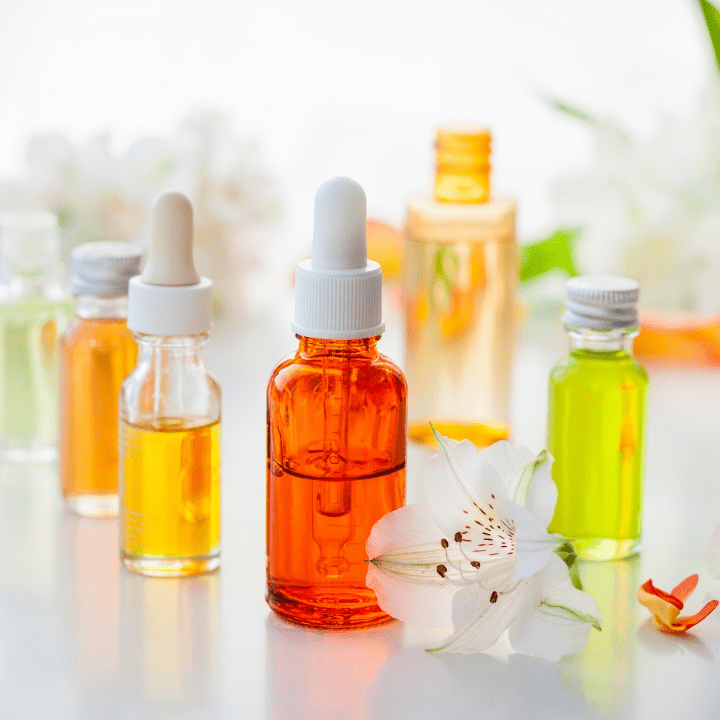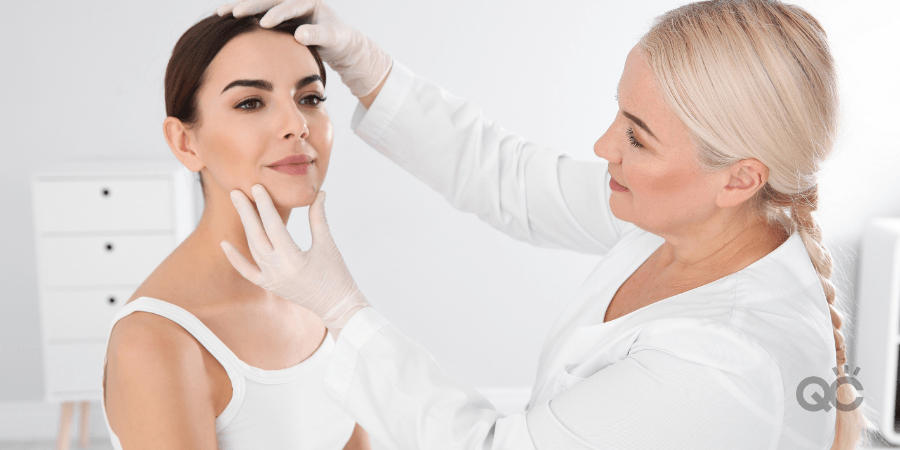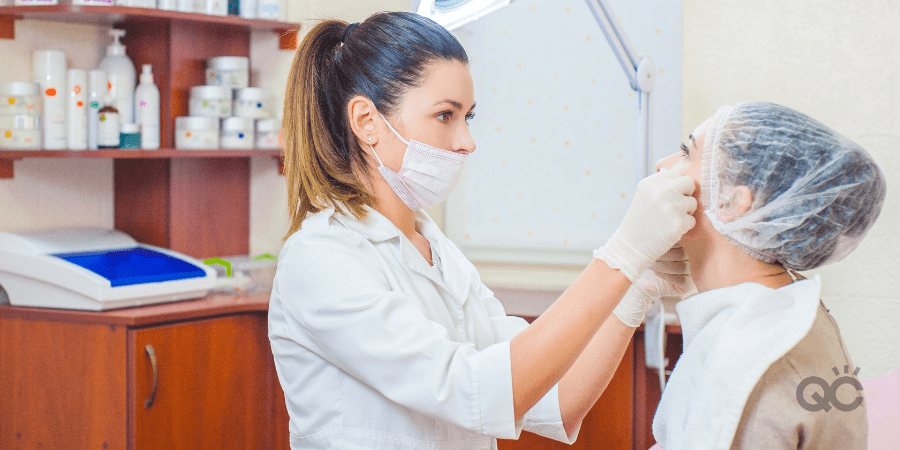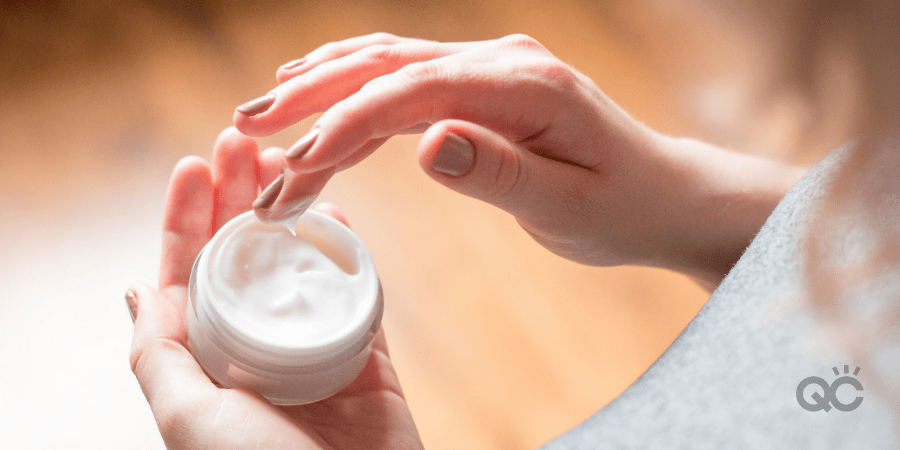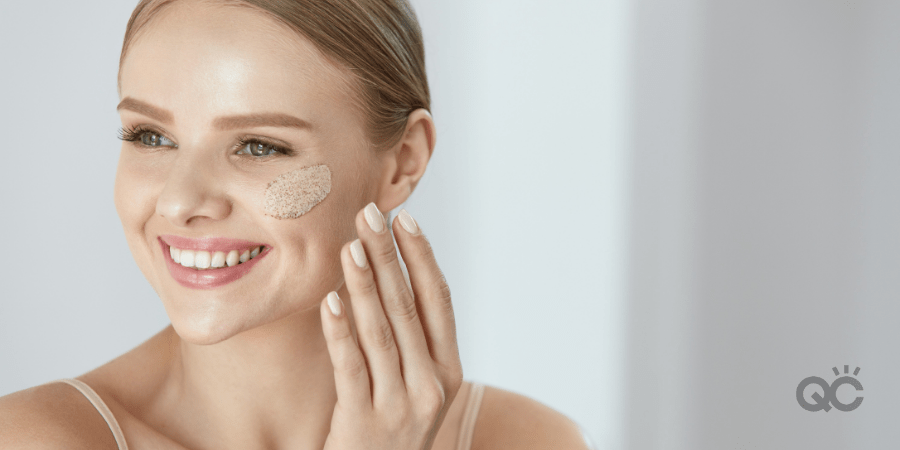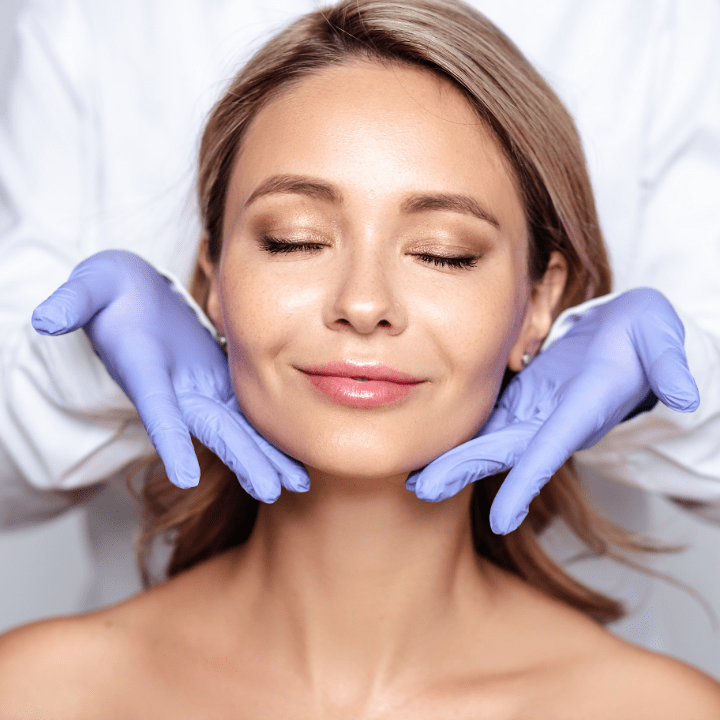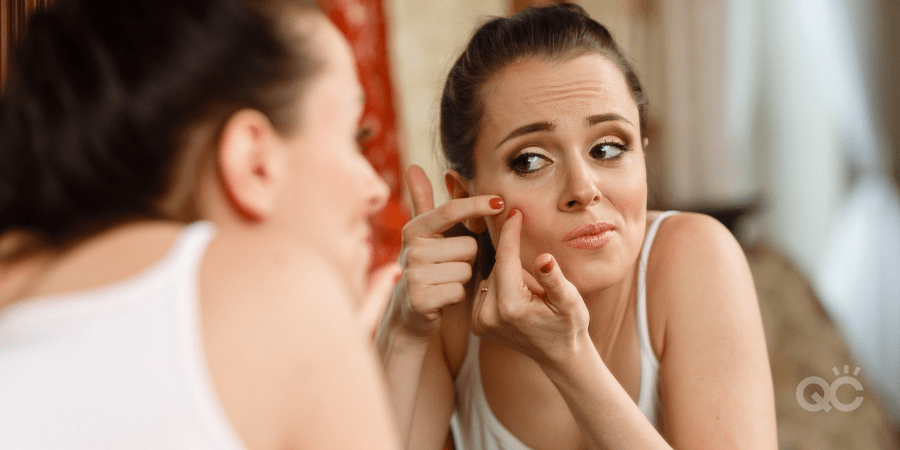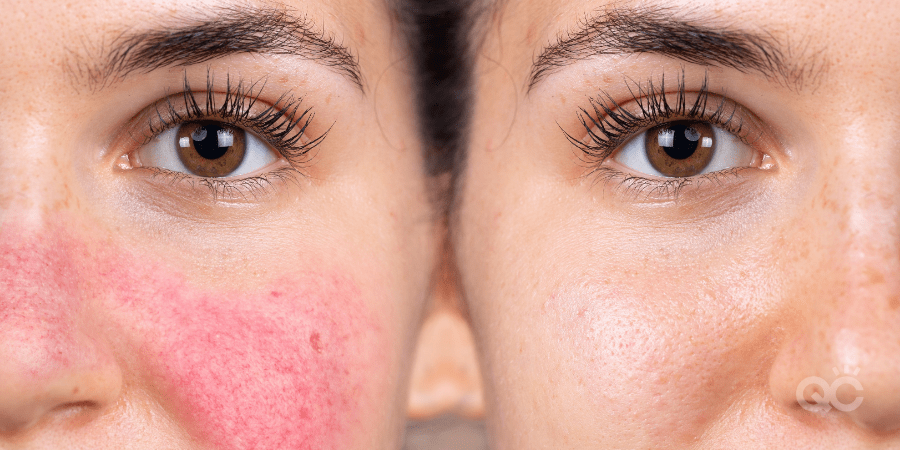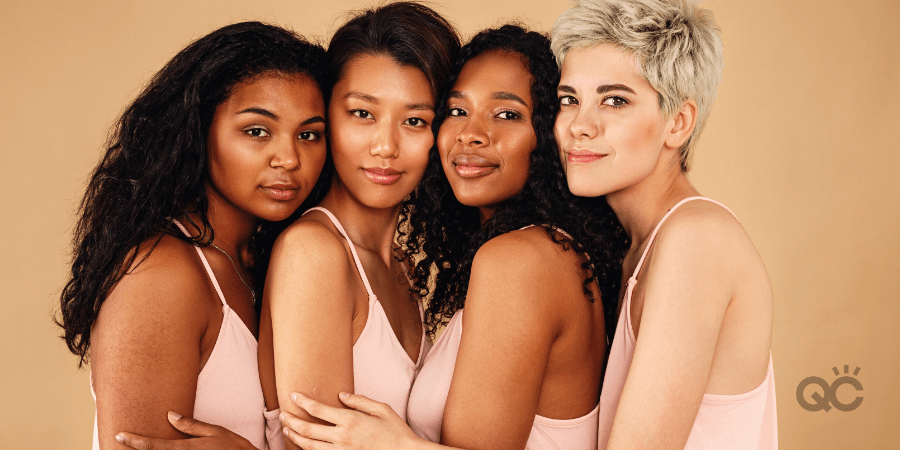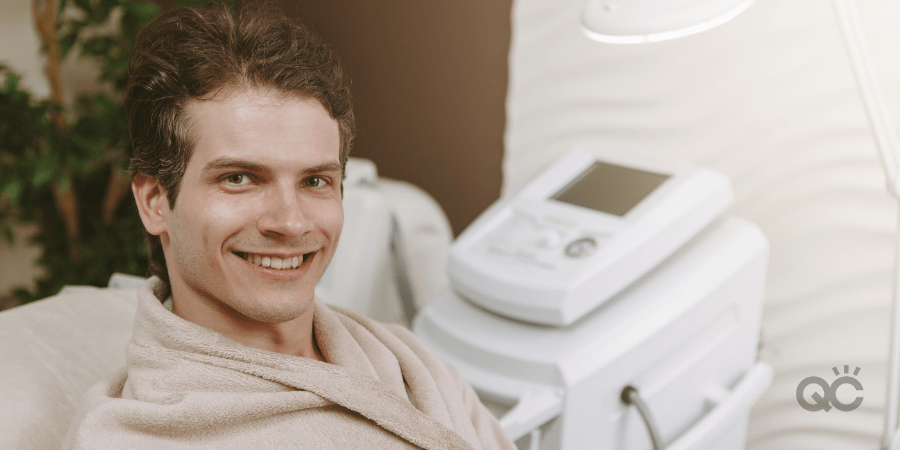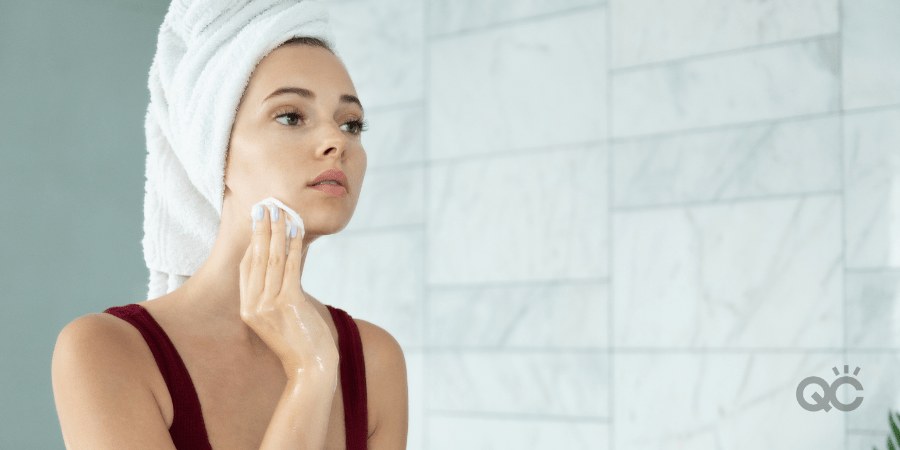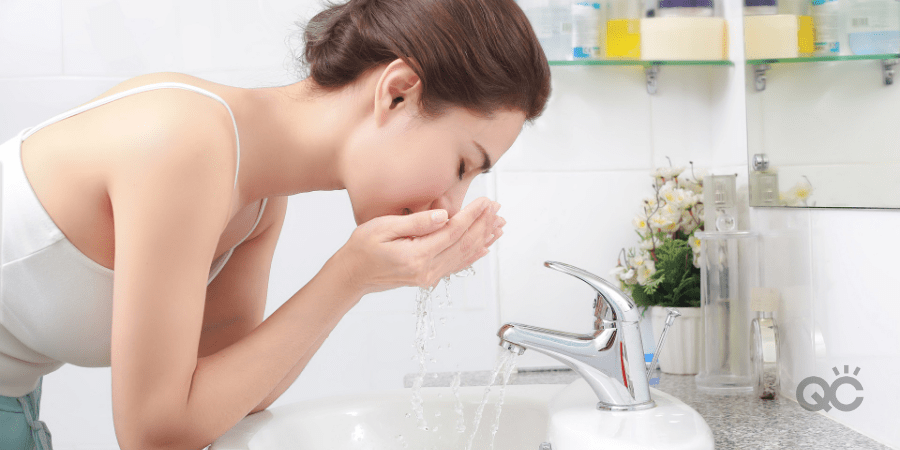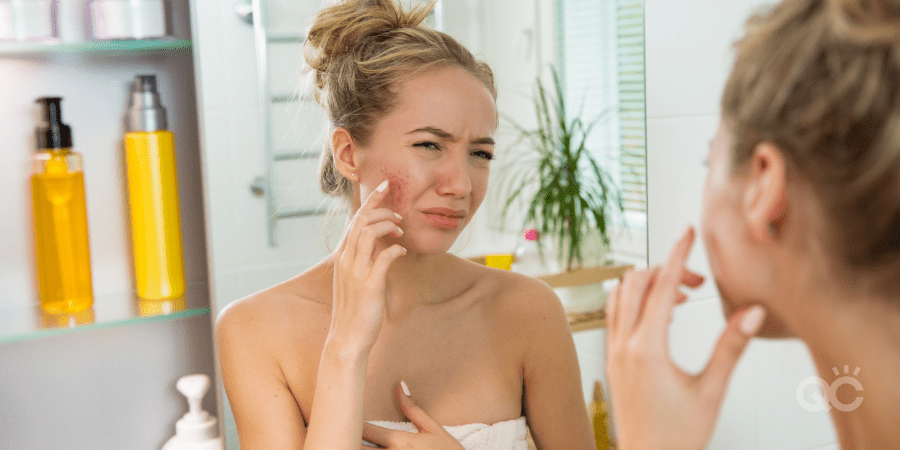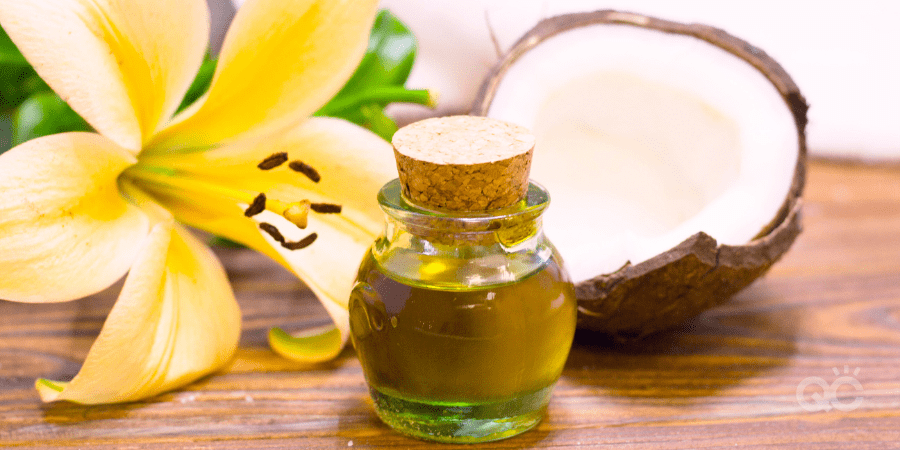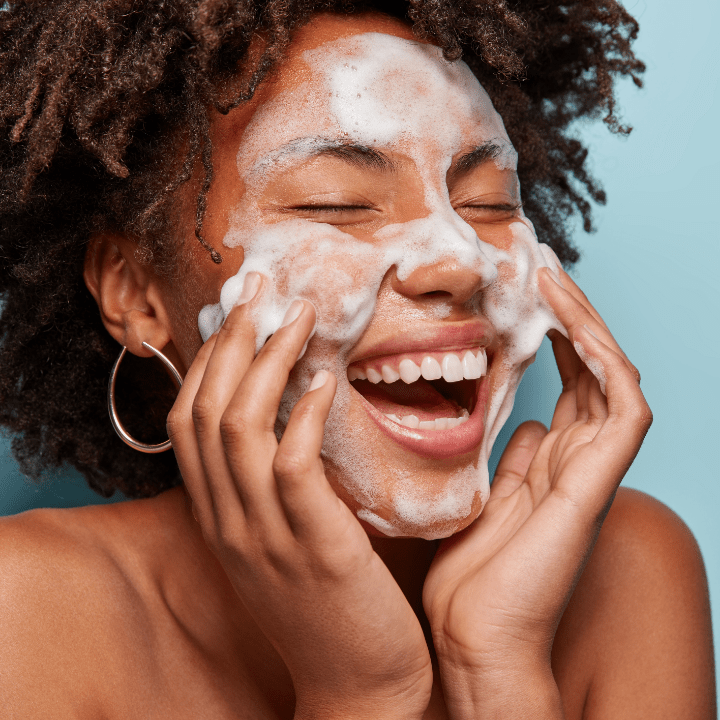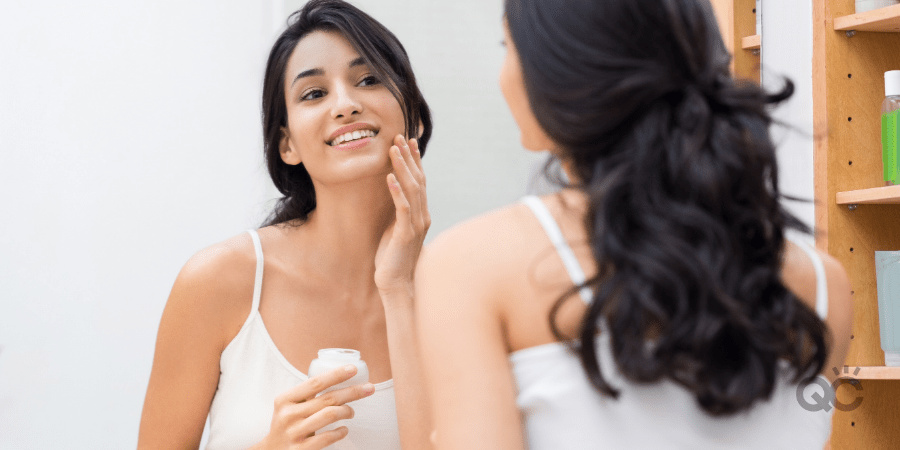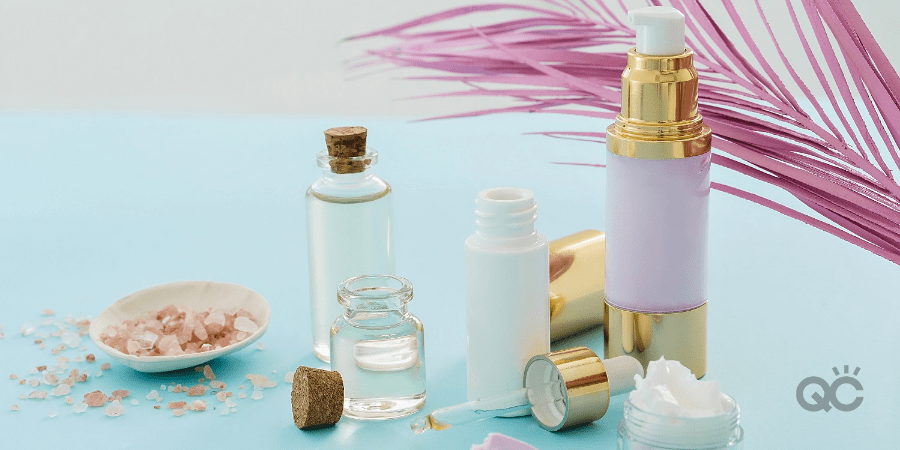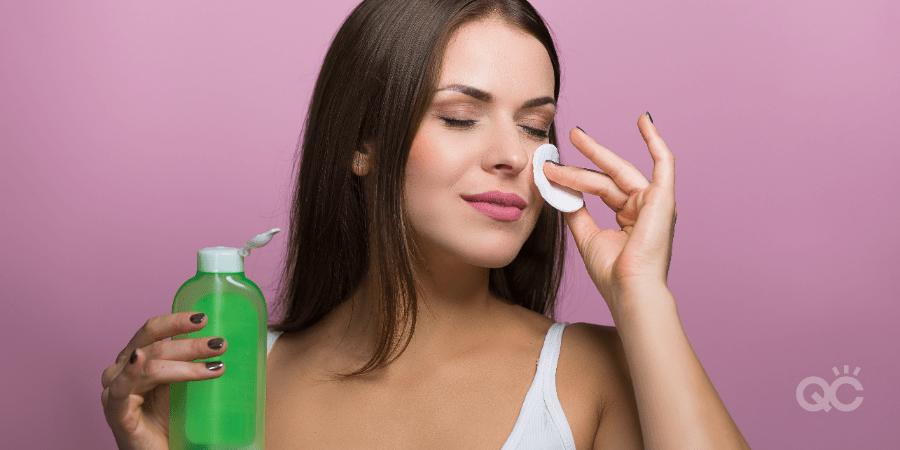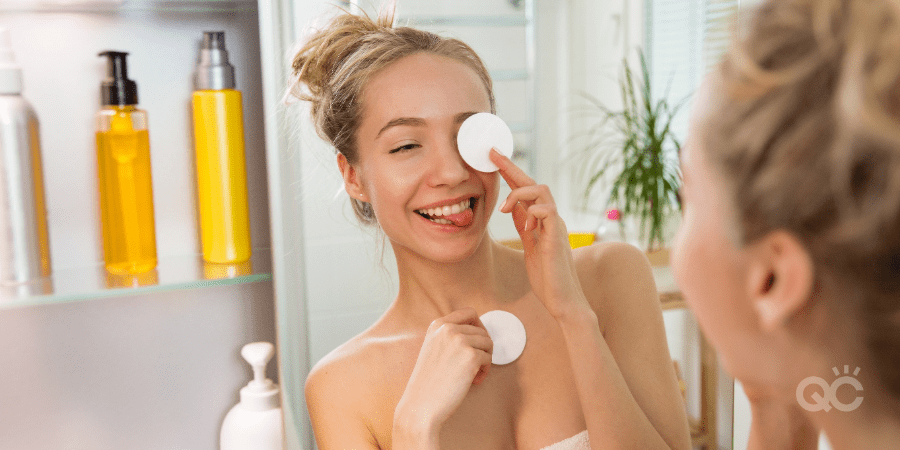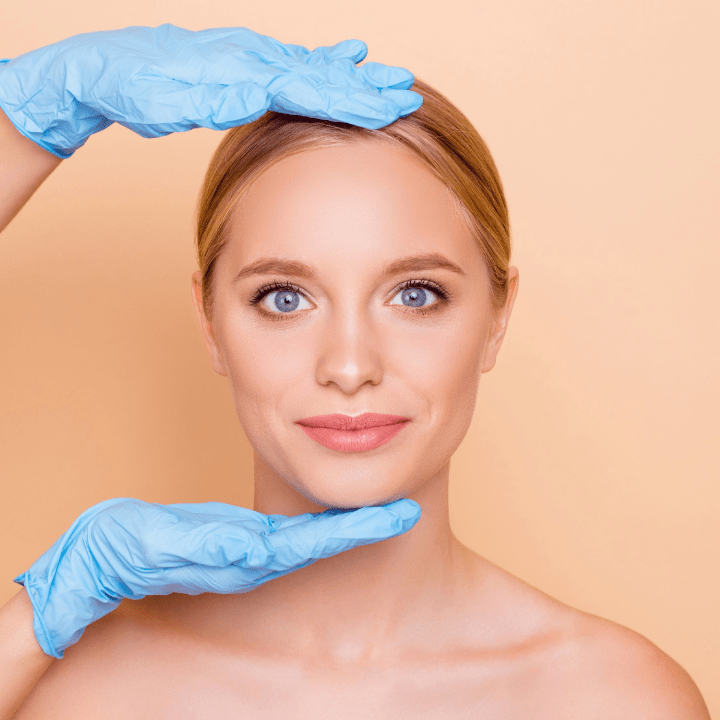
In Part One of this two-part series, we took a look at dermatologists: what they do, the education required, and the qualifications needed to do their job. Today, we’ll now focus on skincare consultants, as well as how to distinguish your role with clients!
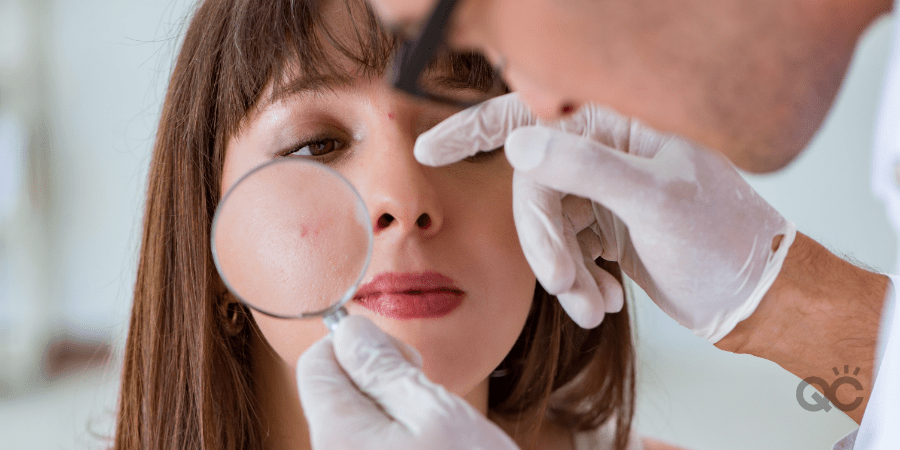
What is a Skincare Consultant?
As a skincare consultant, it’ll be your job to meet with clients in order for you to assist with their skincare concerns and inquiries. Common issues you’ll see can include:
- Blackheads and acne
- Hyperpigmentation
- Dehydration
- Oiliness
- And much more!
You’ll draw from your professional training and expertise to offer guidance, regarding which skincare products are optimal for the client’s needs. These needs may be related to an existing skincare issue or condition. They may also pertain to the right type(s) of makeup to use for the client’s skin type, lifestyle, etc.
What does a Skincare Consultant Do?
Skincare consultants primarily assist clients by helping them put together optimal, personalized regimens for their specific skin type and/or condition(s).
Additionally, clients will often come to you with questions about tying skincare with makeup. For instance, they may need professional guidance to help figure out which skincare products would work best alongside their existing makeup routine. Similarly, some clients may have problems with sensitive skin, allergies, etc.
As such, they may be searching for different kinds of makeup products that would be safest to use on their skin, without causing any negative reactions.
Skincare consultants are NOT responsible for prescribing medical treatments or performing surgical procedures. For more extreme skincare cases requiring medical attention, a skincare consultant will likely advise the client to seek the assistance of a licensed dermatologist.

What Schooling/Qualification Does a Skincare Consultant Need?
Technically, you don’t actually need any formal training or licensing to become a skincare consultant. But without these things, how can you ever hope to be a true professional? The health and overall well-being of a person’s skin is important. It shouldn’t be trifled with by placing it in the hands of an unqualified individual.
Luckily, most reputable makeup schools provide some form of skincare education, whether it’s through individualized skincare programs, or as part of their makeup artistry classes.
How to Distinguish Your Role with Clients
Many of your clients might not know exactly what a skincare consultant does. They may mistakenly believe that what you do is the exact same as what a dermatologist does. It’s your responsibility to make sure they understand what you’re qualified to assist them with, and what you’re not.
After all, clients will be coming to you because they trust your industry knowledge and judgement. As such, it’s important that YOU fully understand your job responsibilities. If a client is unsure what sorts of services you can offer them, have an open discussion and answer whatever questions they may have.
You can also preemptively cover this by the measures you take in your marketing strategies! If you have a professional website (and you should), try to be as transparent as possible about the kinds of services you offer clients. Often, being upfront with this information on your website will help answer a bunch of inquiries potential clients will have – before they’ve even had their consultation with you!
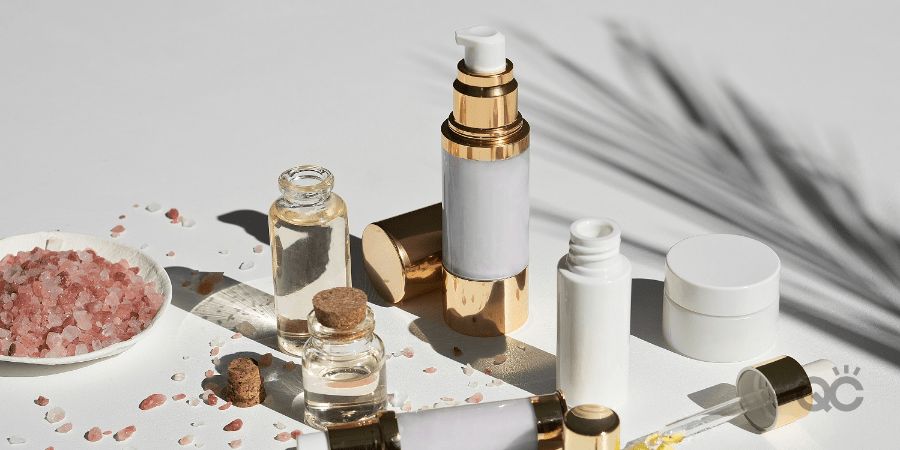
It’s also critical that you recognize and honor all of the things that fall outside of your expertise. Never try to take on something you haven’t been adequately trained for, simply because you don’t want to potentially lose a client. Doing so can pose a great risk to your client.
Remember: the client should always be your #1 priority! So long as you always make that clear above everything else, we know you’ll have a long and successful career ahead of you as a skincare consultant! 😊
